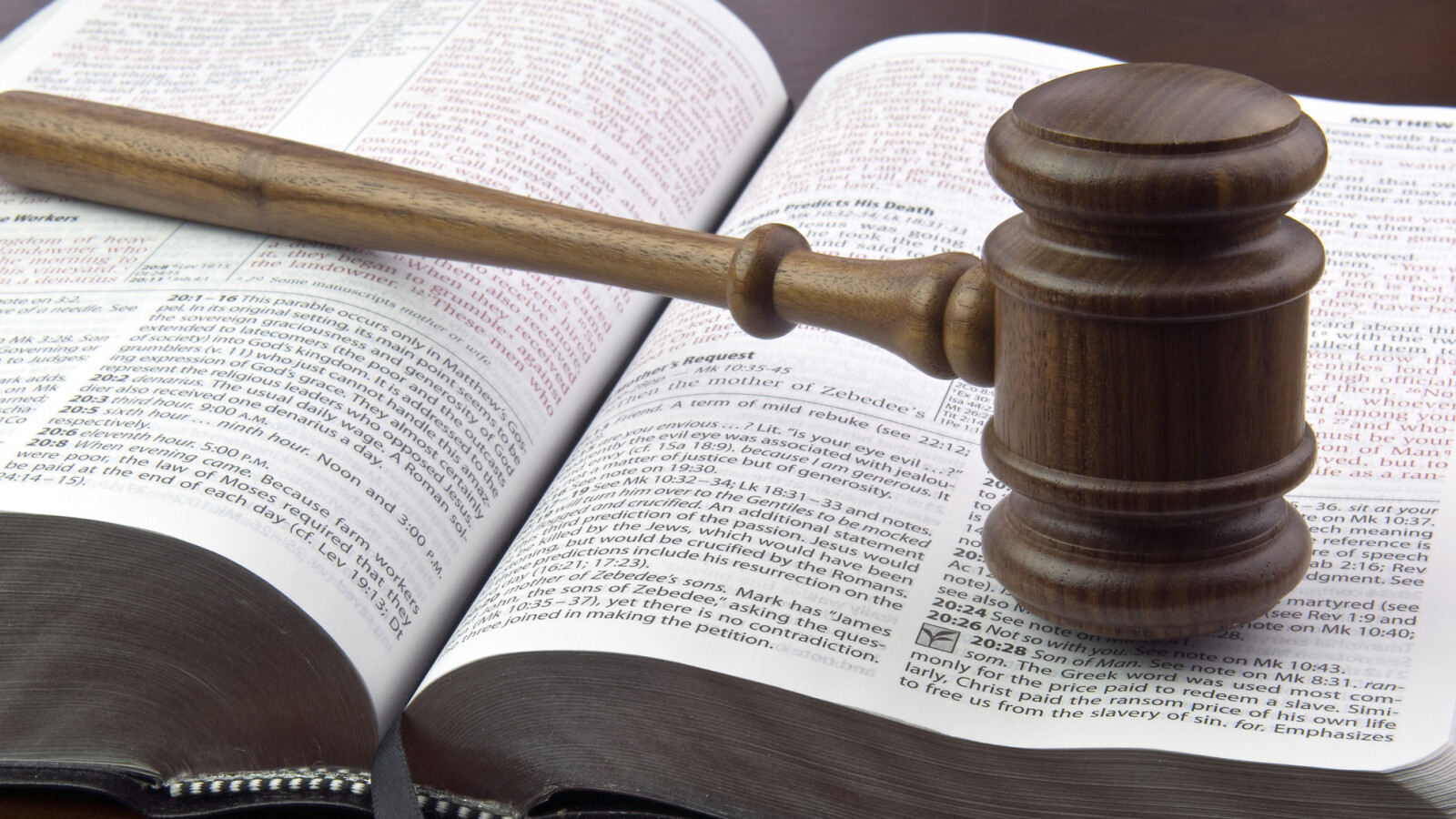In the Facebook scraping case, a higher regional court (OLG) has now decided for the first time. Are you possibly entitled to compensation of up to 1,000 euros?
The Hamm Higher Regional Court was the first higher regional court to make a judgment in the Facebook scrapping case. (Source: alancrosthwaite/depositphotos.com)
- In April 2021, unknown persons published the names and telephone numbers of around 500 million Facebook users.
- The background was a data leak from Facebook.
- The claim for damages was dismissed.
Does Meta Facebook users have to pay compensation due to a data leak? This question is currently preoccupying numerous courts across the country. A first verdict has now been made in the so-called Facebook scraping cases. The Hamm Higher Regional Court sees no reason to pay compensation.
According to the judgment, there were violations of data protection regulations, but a claim for payment of damages under the General Data Protection Regulation (GDPR) was dismissed because the plaintiff could not sufficiently demonstrate non-material damage.
Last word not yet spoken
The last word on this matter has certainly not yet been spoken. The law firm WBS.LEGAL, which represented the plaintiff, stated in a press release that it was still very confident that it would be able to obtain compensation of up to 1,000 euros for those affected. Nothing has been finally decided by the judgment of the Hamm Higher Regional Court. According to the lawyers, the OLG’s argument could be shaken by two cases that are currently pending at the European Court of Justice (ECJ).
The background to the proceedings is a data leak from Facebook, which enabled unknown persons to publish the names and telephone numbers of around 500 million users on the darknet in April 2021. This also includes the data of around six million Germans.
The perpetrators had previously collected these over a longer period of time using Facebook’s search function, which is why it is referred to as “scraping”. For some time, Facebook also displayed the user’s name for a phone number entered, even if the user did not activate the display of the number. The unknown persons took advantage of this and used a computer to generate millions of telephone numbers in order to retrieve the data.
Don’t miss anything with this NETWORK WORLDNewsletter
Every Friday: The most informative and entertaining summary from the world of technology!
